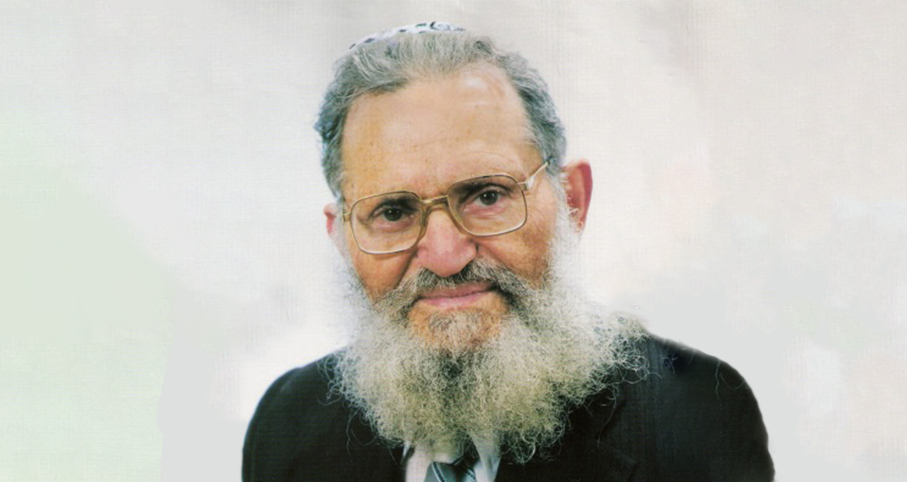- Sections
- Parashat Hashavua
351
The Torah prohibits cutting off tzara’at lesions from the skin. An exception is if the tzara’at is on the skin that must be removed as part of a brit mila (Shabbat 132b), as the great mitzva of mila pushes off the prohibition.
The gemara (Sanhedrin 101b) relates that there were three (groups of) people who thought they received a reliable prophecy but were mistaken. One was Nevat, the father of Yeravam. A second (a group) were the astrologers of Pharaoh. The third was Achitofel. Achitofel was mistaken in regard to the tzara’at that he saw on his male organ. He thought that this was a sign that he would be king, while in truth it was a sign that he would have a descendent who would be king (Shlomo’s mother, Batsheva, was Achitofel’s granddaughter).
The Yad Rama (ad loc.) develops Achitofel’s thought process and actions. Achitofel decided to support Avshalom’s rebellion because he figured that he did not have a chance to dethrone David, who was brave, wise, and popular with the people. He reasoned that he could be a simple advisor to Avshalom in his removal of David, and later he could dethrone Avshalom, who lacked his father’s positive attributes.
Achitofel was himself an unprecedented Torah authority. "The counsel of Achitofel in those days was like asking for the word of Hashem" (Shmuel II, 16:23). So it is not shocking that he saw great things for himself, and he even believed that the tzara’at at the place of the mila was a sign that he would have unusual fertility, which he connected to great leadership. He did not realize that the hint was the opposite, that tzara’at should remind one to make himself humble, just as the mila instructs a person to curb his desires.
Returning to his mistake, Achitofel thought that he had a better chance at rebelling against Avshalom if he succeeded at overthrowing David. It is easier to be a legitimate alternative to someone who had slept with his father’s concubines than to rebel against a brave tzaddik. Achitofel had a good plan for Avshalom: attack David while he was down and before he had a chance to regroup and renew support for himself. It took divine intervention to overcome the plan, as the navi writes explicitly (Shmuel II, 17:14). When Achitofel saw that his plan was ruined from Above, he gave up all hope and went home and committed suicide (ibid. 23).
We learn once more that the road to kingship runs through humility. It was David, who referred to himself as "a worm and not a man" (Tehillim 22:7). Achitofel was not fit to be king, as he was one who would do whatever he could, including acting immorally, in order to attain the coveted title.

A G-d Who Cares for Others
Rabbi Shaul Yisraeli zt"l | Kislev 26 5778

Parashat Hashavua: A Look Beyond Time and Space
Rabbi Yossef Carmel | Tevet 5785

Porous Protection from Above
Various Rabbis | 12 Tishri 5769

Parashat Hashavua: Who Called Out to Whom?
Rabbi Yossef Carmel | Nisan 5785

The War of the Kings and its Significance
Parashat Lech Lecha
Rabbi David Dov Levanon | 5762

Beracha on Pureed Vegetable Soup
Rabbi Daniel Mann | 5775

Why is Hafrashat Challah So Important
Rabbi Yosef Tzvi Rimon | 5778







